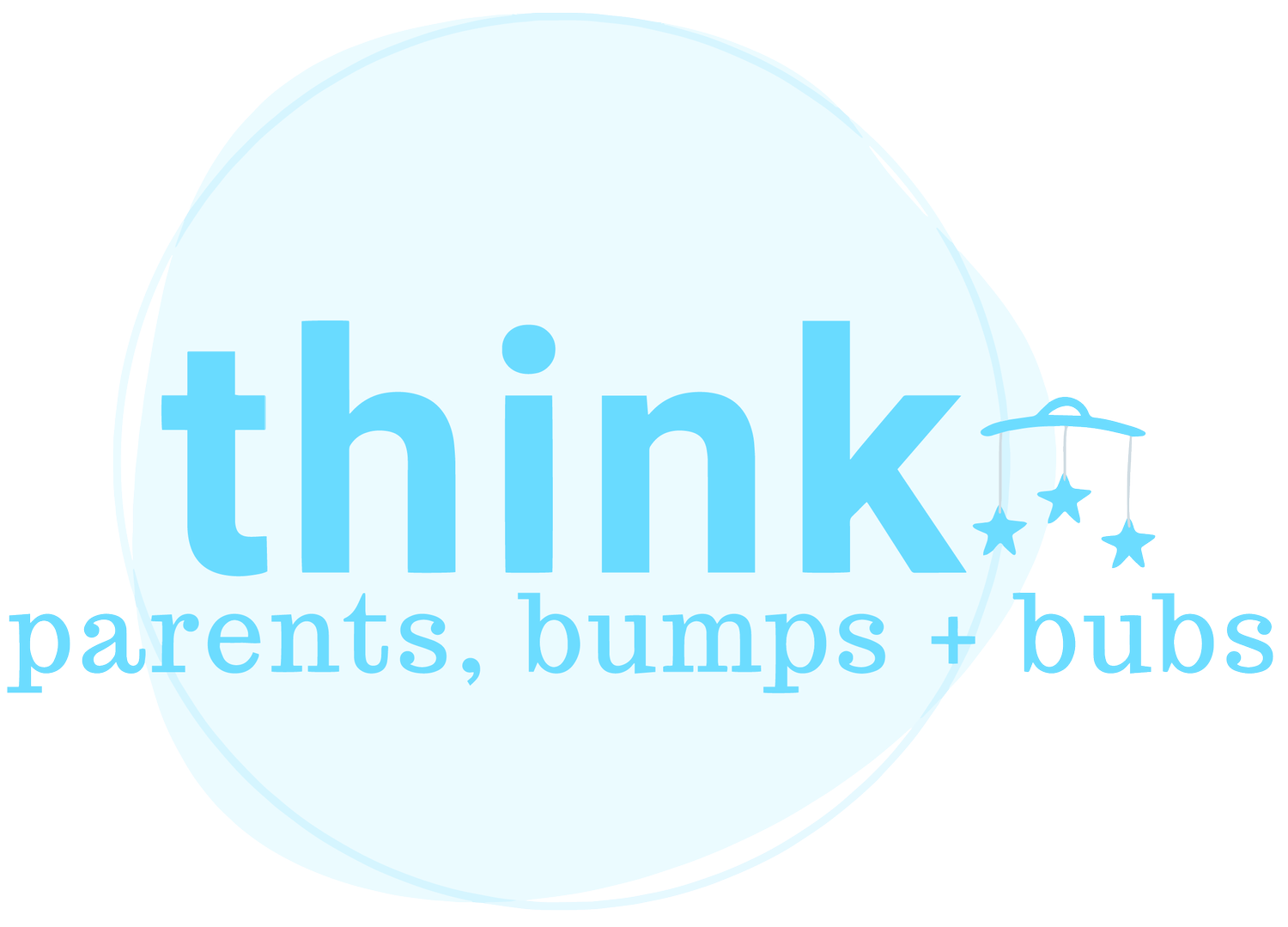How To Baby Proof Your Relationship
How To Baby Proof Your Relationship
One of the biggest and often unexpected changes after having a baby is the change that happens to your relationship. It might not happen right away, but it will happen, and it doesn’t have to be a change for the worse. Some women are at greater risk of experiencing intimate partner violence during pregnancy and postpartum so if this is happening to you, seek out some help straight away.
When you and your partner have a baby you go from ‘lovers’ to ‘parents’, and ‘two’ goes to ‘three’. To make space for this new person who has thrust themselves front and centre into your relationship, a few adjustments need to be made.
Common Changes To Your Relationship After Bub
Less time together
It’s not just the two of you anymore, and actually, you probably won’t be getting any time just the two of you for a while after bub arrives. This in itself is a massive dynamic shift!
Changes in communication
What you talk about changes to household logistics and baby content. In the newborn period it’s easy to forget your manners and get downright snappy. Conversations as you once knew them decrease (and maybe even disappear) for a little while, and conflict increases as you work out a whole new family and household system.
Changes in roles
Once the baby arrives, there is often a shift to more traditional gender roles. Usually this looks like mum at home and dad at work but of course family systems come in all sorts of set ups.
The division of labour might have been closer to 50/50 before baby, but unfortunately after bub the stay at home parent usually takes on a lot more. They are the primary carer of bub (a full time job in itself), and often cop the majority of the household duties too, and then there is the mental load of appointments, upsizing clothes, managing illnesses, daycare waitlists, swimming classes, and the never ending list of running a family. If both parents have returned to work, a lot of the extra stuff can naturally fall to the woman or partner who gave birth.
The partner at work can feel increased stress and pressure financially as well as managing doing a good job at work while also being available at home, all the while sleep deprived. The amount of tasks multiply significantly, and it can be a recipe for resentment when they aren’t split in a way that that feels fair for you.
Changes in intimacy and sex
With changes to your body after birth, hormones, lack of time, utter exhaustion, having a baby on you ALL day, and all the stress that comes with a new bub, it’s no surprise that intimacy and sex decrease dramatically after bub. Sometimes the non birthing partner might be ready to resume intimacy earlier than the birthing partner which can lead to friction.
Unmet expectations and differing parenting values
With all the changes come a new set of expectations of each other and how you will work together to navigate the adjustments. If things aren’t going as you’d hoped, resentment and sadness can build.
Sometimes it’s not until bub has arrived that some differences between you and your partner come to the forefront. Maybe some of your parenting values are different, for example, you think bub can whinge a bit before you need to step in, but maybe your partner attends to bub right away. Maybe your partner thinks a little bit of TV is totally fine, but you think no TV before two is really important.
Top Tips For Managing These Changes
The changes are inevitable, but how you navigate them together will help to decrease the level of conflict or resentment that can follow.
Time for yourself
Wait? What? A top tip for managing your relationship after bub is to get time to yourself? And how are you meant to get that anyway?! Hear us out. You cannot pour from an empty cup. Ask for help. Can your partner take bub in the mornings on the weekend and you sleep in? Can a family member pop over while you go for a solo walk, or have a cup of tea in bed alone? Sometimes an hour alone is what you need for a little reset and to manage conversations or issues within your relationship a little better.
Communicate
We cannot stress this enough. Your partner isn’t a mind reader. Share what’s on your mind, ask what’s on theirs, communicate how you’re feeling, and communicate what you need. It will make the world of difference. If communication is leading to conflict – we can help.
Complement their parenting
Feeling competent in parenting is a huge protective factor against perinatal mental health conditions. It also feels really good when our parenting is noticed and complimented. Tell your partner what they are good at. Point out how bubs eyes light up when they talk to them. Copy what they do well. In the process, you’ll also positively reinforce what you complement so you’ll start to see your partner doing more of it. Win win!
Plan before Bub arrives
Ideally, we would recommend you plan before bub arrives. What are the expectations? What time will your partner come home from work in the evenings? How will the extra tasks be divided? What do you both value as parents, and do your values align? How will finances change and how will you manage that? Planning these things out will mean you don’t need to unpack it all with a baby in tow.
Plan weekly or fortnightly
Who is cooking dinner next Wednesday night when your partner’s parents are coming over for dinner? If you have an older child, who is doing daycare drop off? Who’s buying your nephews birthday present, card and wrapping paper (and do you need sticky tape?!). Things are busy right now, but assuming your partner will do the things you want them to do in your head is way more dangerous than actually planning it out. Yes, this means – you guessed – communication. Having a specific time to do this each week or fortnight where you can get rid of any distractions and both be fully present can be really helpful, and it will also help with making it a part of your routine. Just don’t combine it with date night!!
Date night in
It can be hard to get out with a new baby, but we love the idea of a date night in. What did you like doing together before bub? Try to recreate it at home and increase your chances of positive moments of connection together.
Relinquish control
Once you work out your bub, it’s easy to get stuck in the trap where you know what’s best and think it’s easier to ‘just do it all’. You know what goes in the baby bag, you know how to calm them down, you know how to give them the bottle in the specific way they need, so, you’ll just do it. What this means though is that your partner never gets to learn, and it starts a cycle of you doing everything. Remember how you learned all that stuff? It was through trial and error. Step back and give them the same opportunity. In the short term it might feel harder, but in the long term you’ll thank yourself when your partner can do it all as well as you can.
Turn towards each other instead of away
It is so easy to to turn away from your partner during this time. You’re tired, you’re touched out, your brain can only attend to the bub, and biologically you have no reason to be close at the moment (you have the baby now!). While it’s totally normal to have more distance between you, two seconds of connection is better than nothing. Turning towards your partner can look like initiating any positive moment - a “thank for cooking dinner tonight”, a quick hug or kiss while passing one another in the house, or a foot massage while watching TV in the evening. It can also look like responding to your partner when they turn towards you. If they go in for a quick hug, try to lean into it. If they make a joke, try to fake a laugh. We know your brain is full and thinking about the last time bub ate, but a couple of seconds here and there might feel doable.
Our experienced team can discuss your concerns - contact us to learn more.

